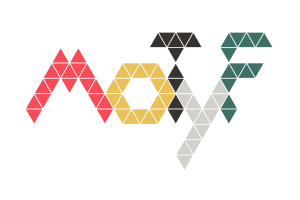
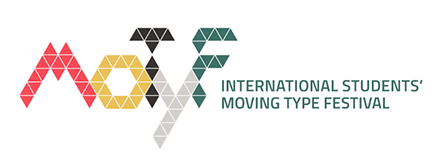
What is MoTyF?
our goal
Continuing and developing the idea created by Anja Stöffler and Ralf Dringenberg, we would like to invite a group of international colleges to present their programs in education, show students' projects and prognoses for the future role of dynamic typography. We hope to launch a platform for exchanging knowledge and ideas inspire us: educators and our students, as well as professionals and employers in the creative market.
general calendar
27.05 & 29.05
international students’ moving typography review
international students’ moving typography workshops
28.05
international symposium on moving typography
where and how?
registration required
The review and symposium will take place in the National Museum in Warsaw, the workshops in the Polish Japanese Institute of Information Technology (see "access").
Both will require a registration which will be opened two weeks before the festival.
official poster

program
May 27th



Polish-Japanese Institute of Information Technologies
9.30–13.00 workshop with Lucas Nijs: NodeBox
cinema hall – main building National Museum in Warsaw
15.00–18.00 projections
typo movies in categories:
1. Dynamic Information
2. Video-clip
3. Commercial
4. Titles
5. Art and Experimental
6. Interactive.
18.00–18.30 open discussion
May 28th






cinema hall – main building National Museum in Warsaw
9.00 opening welcome
9.30–10.00 Piotr Rypson
National Museum in Warsaw
About moving types in pre-digital era
10.00–10.30 Anja Stöffler & Ralf Dringenberg
z zg – Fachhochschule Mainz Mediadesign
& Hochschule für Gestaltung Schwäbisch Gmünd
Films on type in research, teaching and design
The Makers of Moving Types
10.30–11.00 Tarja Nieminen & Lucas Nijs
School of Art, Design and Architecture / Aalto University, Helsinki, Finland
Sint Lucas College of Arts, Antwerp, Belgium
Beginnings – Early Dynamic Digital Experiments in Type Design
11.00–11.30 coffee break
11.30–12.00 Lucas Nijs
St. Lucas University College of Art and Design, Antwerp
EMRG/NodeBox. Tools for generative art and design.
Overview 2004–2013 + Live demo NodeBox3.
12.00–12.30 Ann Geerinck & Yvette Verlinden
Royal Academy of Fine Arts Artesis, Antwerp
Letterdesign in motion – 2000–2013
12.30–13.30 lunch
13.30–14.00 Gustavo Ferreira
Hague
Hypertype: hyper-dimensional typefaces
(2003–13)
14.00–14.30 Franz Werner
RISD, Providence
Designing with light
14.30–15.00 coffee break
15.00–16.00 Brian Lucid & Jan Kubasiewicz
Dynamic Media Institute, Massachusetts College of Art and Design, Boston
“Type on Wheels” — Two Voices on Teaching the Language of Motion
16.00–16.30 coffee break
16.30–17.00 Dan Boyarski
Carnegie Mellon University, School of Design, Pittsburgh
Kinetic typography in visual communication (skype presentation)
17.00–17.30 Ewa Satalecka & Marcin Wichrowski
Polish-Japanese Institute of Information Technologies
Moving type in real and virtual environment
17.30–18.00 open public discussion
May 29th



cinema hall – main building National Museum in Warsaw
9.30–12.30 morning projections
12.30–13.00 open discussion
Polish-Japanese Institute of Information Technologies
15.00–19.00 workshop with Gustavo Ferreira: Parametric typefaces
lecturers
Gustavo Ferreira
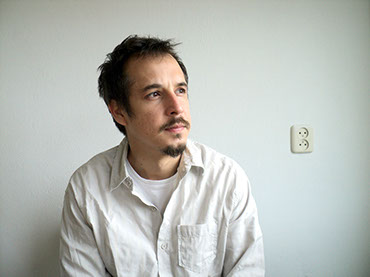
Gustavo Ferreira is a designer from Rio de Janeiro, Brazil, currently living and working in Amsterdam, The Netherlands.
He graduated in Graphic and Product Design at the Esdi, in Rio de Janeiro, and continued his studies at the HfG Schwäbisch Gmünd (Communication, Planning and Design) in Germany, and at the KABK (Type&Media) in The Netherlands.
Gustavo is the author of the Elementar font system, a flexible typeface system for screens, published by Typotheque in 2011; and the creator of hTools2, an open-source font production toolkit for RoboFont.
In 2009 he founded his one-man digital laboratory Hipertipo, where he currently works full-time as independent researcher, typeface designer and creative coder. Occasionally, he gives type design and visual programming workshops, and shows his work in international typography conferences.
He also worked for FontShop International as community manager of FontStruct (2009), and for Typotheque as assistant and customer support (2010-2011).
Ann Geerinck
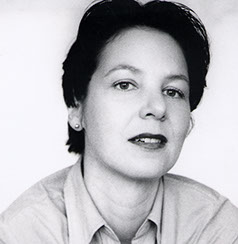
Ann Geerinck is a graphic designer, illustrator and educator, she lives in Antwerp.
After graduating as a graphic designer at the Royal Academy of Fine Arts in Antwerp (1986) she confirms her love for illustration through further studies at the Higher Institute of Fine Arts in Antwerp and an additional specialization year of book illustration at the Academy of Fine Arts in Bratislava / Slovakia (1989).
Since 1990 she is creative partner in the designstudio Orsodesign. Her professional career is developing in various areas of activity which reflect a broad understanding of the concept illustration.
She teaches illustration and letter-design at the graphic design department at the Royal Academy of Fine Arts Antwerp. Last february (2013) she organised 'type-emotion' a researchweek with guestlecturers as Brody Neuenschwander, Ewa Satalecka & Marcin Wichrowski, Marian Oslislo, ...
Yvette Verlinden
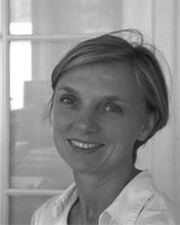
Yvette Verlinden is an architect graduated in 1982 at the National Higher Institute for Architecture and Urbanism Antwerp, on the same location as the Royal Academy of Fine Arts Antwerp.
As partner of the architecture office she founded with her husband, she participates to national and international architecture competitions and works on architectural research assignments commissioned by different official instances.
Since 1987 she is lecturer at the graphic design department, were she started teaching computer programs from the first beginning of digital image building.
Very soon, as an answer to changes and evolutions in the digital world, she entered the principles of combining music and animation as the beginning of multimedia experiments. Since 2000 she works together with Ann Geerinck in font design, using font lab and animation programs.
"Renewing teaching permanently is a challenge , working with talented students an opportunity ."
Franz Werner
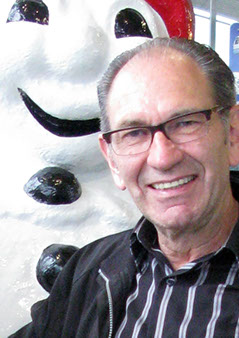
Franz Werner was born in Basel, Switzerland. In 1972 he received his Swiss Federal Diploma in Typography. From 1978 to 1979 he studied under Wolfgang Weingart for his degree as “Typografischer Gestalter” followed by a 2-year post-graduate program in graphic design under professor Armin Hofmann at the School of Design, Basel. Werner worked for Birkhäuser AG, Basel and for Schwabe & Co., Basel (former employer of distinguished designer Jan Tschichold).
In 1975 Werner moved to New Zealand where he worked for the N.Z. Government Printer/Publisher. He started teaching at RISD in 1981 with a focus on typography and photography while maintaining a freelance practice in design, with such clients as International Paper, Intel and Brown University Werner has lectured and taught at the Osaka University of the Arts; Sozosha College of Design; University of Canterbury, New Zealand; University of Art and Design Basel/Switzerland, Fraunhofer Institute, University of Darmstadt, Germany.
He is the recipient of the PDN/Nikon award, the Faculty Development Grant for research in icono-graphy and the RISD alumni association award for Art of Education.
Anja Stöffler

After studying Communication Design at the University of Wuppertal, Anja Stöffler worked for the television stations RTL, Arte, Nickelodeon and ZDF in Departments of Corporate Design, TV Motion and Branding. In 2000 she switched to Razorfish Frankfurt as the Head of the Department Experience Network.
Since 2001 Anja Stöffler has been teaching as a Professor of Digital Media at the University of Applied Sciences Mainz. Since 2010 she is head of the department mediadesign and Institut für Mediengestaltung (img). Her teaching focuses on applied and experimental projects in the fields of Motion Graphics, Animation, Typography and Corporate Motion. With students and external partners projects have been developed for 3sat, Adobe Systems, Arte, SWR, RTL and ZDF. Anja Stöffler‘s main areas of research are in Digital Media and their presentation within Time Based Design. She was responsible for the establishment of the cooperation CME (Consortium Meda Education) between ZDF and the University of Applied Sciences Mainz. With Prof. Ralf Dringenberg of the University of Design Schwäbisch Gmünd she founded the z zg – Zentrum Zeitbasierte Gestaltung (Centre for Time Based Design) in 2010. Conception and realization of the exhibition „Moving Types – Lettern in Bewegung“ with Ralf Dringenberg and Harald Pulch in cooperation with Gutenberg-Museum Mainz, Dr. Annette Ludwig.
Lucas Nijs

Lucas Nijs has been a freelance graphic designer since 1981. He was employed at Apple Computer Europe headquarters in Paris from 1989-1994. He has been teaching new media, graphic design and experimental typography at the Sint Lucas University College of Art and Design (Antwerp, BE), the Plantin Genootschap (BE, until 2005) and the Lahti Institute of Design (FI) since 1983.
In 2004, he founded the Experimental Media Research Group. This group has developed NodeBox. He has coordinated research funded by the Institute for the Promotion of Innovation by Science and Technology in Flanders.
For a brief overview of workshops taught by Lucas, see the workshops section on the EMRG website.
Ewa Satalecka
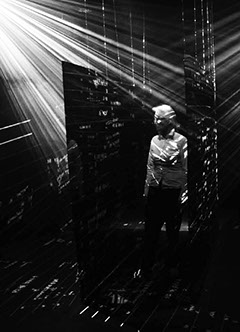
Ewa Satalecka is a designer and educator living in Katowice (Poland). She received an MFA (Master of Fine Arts) from the Academy of Fine Arts in Krakow (1984), and a doctorate (DFA) from the Academy of Fine Arts in Katowice (2005). She represents Poland on the international forum of ATypI (International Typography Association). She organized numerous exhibitions on typography and information design, as well as numerous international design workshops and exhibitions involving such designers as Wolfgang Weingart, Ed Fella, Bruno Monguzzi, David Skopec, Dan Boyarski to name a few. She was the curator of a series of international design conferences “Agrafa” in Katowice, Poland, in 2007, 2010 and 2012 and “Ala has…” international cycles of workshops on typography. Her own work, includes kinetic typography installations, were presented in 2008 on the “Liguid Page” Symposium in Tate Britain and in 2011 on the international “Moving Type” Exhibition in the Gutenberg Museum, Mainz (Germany). She designs graphic and writes on the topic of communication design. The "Lapikon" and "Fajrant" books under her redaction are available on issuu. "Fajrant" was prized TDC 2012 certificate.
She gave lectures, as a guest professor, for Aalto University, Helsinki; MMU Manchester; RISD, Providence; Carnegie Mellon University, Pittsburgh; MIT, MassArt, Boston. Currently, she is a professor of the Polish-Japanese Institute of Information Technology in Warsaw, leader of the moving type class.
Jan Kubasiewicz

Jan Kubasiewicz is Professor at Massachusetts College of Art and Design in Boston and Head of Dynamic Media Institute—the graduate program in communication design wherein students from diverse backgrounds pursue a unique thesis vision through a rigorous practice of research, prototyping, and writing [dynamicmediainstitute.org]. He has served as visiting lecturer and critic at numerous universities in the USA, Australia, China, Japan, Korea, Italy and Poland. He has organized exhibitions, workshops, seminars and conferences on the topic of communication, design and media.
Brian Lucid

Brian Lucid is a designer, educator, speaker and consultant whose personal and professional work ranges from traditional communications in static and temporal media to generative design and physically interactive artifacts and experiences. He holds the rank of Professor at the Massachusetts College of Art and Design where he serves as one of the faculty members within the Dynamic Media Institute.
Marcin Wichrowski
He graduated from Polish - Japanese Institute of Information Technology in Warsaw, Poland. Works in Multimedia Department, Faculty of Computer Science PJIIT. Teaches many multimedia subjects at Computer Science Faculty and New Media Art Faculty (bachelor’s/master’s degree programs) and is a technical supervisor of students’ final works/projects. Specialized in computer graphics, designing and programming rich web and mobile interfaces/applications, non-linear audio/video editing and motion graphics, DVD-Video/Blu-ray Disc authoring, Human-Computer Interaction, medical user interfaces, augmented reality). Guest lecturer and multimedia workshop co-organizer at Academy of Fine Arts (Warsaw, Katowice) and during Erasmus program (Ireland, Scotland, Finland, Belgium).
Co-organizer of HCI seminar “Kansei in practice” concerning issues of usability, ergonomics and functionality of the user interfaces and implementation of methods for User-Centered Design.
Cooperates with artists from Academy of Fine Arts in Warsaw and creates interactive audio/video installations/projects.
He is interested in new experimental forms of human – computer interaction and methodologies for design and development of medical user interfaces.
Adobe Certified Expert.
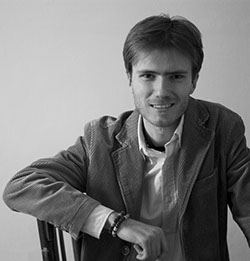
Tarja Nieminen
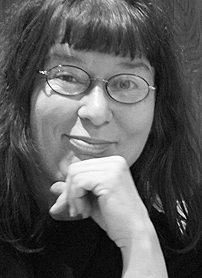
Tarja Nieminen is an artist and designer from Helsinki, Finland.
Tarja holds an MFA (Master of Fine Arts) in Graphic Design from the University of Art and Design in Helsinki TAIK (1987). She also studied animation film and photography at FAMU (The Academy of Performing Arts) in Prague, Czech Republic. In early 90s, as a Fulbright scholar, she studied computer and video art in addition to her major studies in film at the School of Visual Arts (SVA) in New York City. Since 2007, she has been a lecturer of visual communication in the Media Department at the School of Art, Design and Architecture of the Aalto University in Helsinki. Before that, she served ten years as a Head of the Graphic Design Department at the Institute of Design in Lahti University of Applied Sciences in Finland. In her educational work, she has focused on developing curricula related to new media and international cooperation by coordinating workshops and seminars, and by tutoring and coaching students.
For the past seventeen years, her practice has included free-lance design work in visual communication as well as fine arts activity in Europe and in the US.
Ralf Dringenberg
Ralf Dringenberg studied Visual Communication at the HfG Schwäbisch Gmünd, University of Design between 1984 and 1989. Since that time he has been working mainly on interactive and dynamic media for companies like AEG Lichttechnik, Alcatel, Degussa, LouisLondon, Ehapa Verlag, Hewlett Packard, IBM, Rexroth Bosch Group, Volksbank and many others, sometimes in cooperation with agencies like LöffelWendelstein, Herzog, 21-Torr, Henssler & Schultheiss and others. In 1996 he co-founded and headed the company Streamdesign GmbH, which was dedicated to develop solutions for visual communication systems based on internet technologies. In 2001 he founded the company Visication for the development of methods and systems for real-time visualization of audio events, and holds several patents.
From 1999 until 2003, he was a part-time lecturer for Design Foundations and Interactive Design at the HfG Schwäbisch Gmünd and the Academy of Communication Stuttgart. From 2003 until 2007, he was a Professor for Design Foundations in Media Design at the University of Applied Sciences Mainz, heading the Department for Media-Design from 2004 and co-heading the University’s Institute of Media Design from 2005 onwards.
Since 2007, as an appointed Professor for the Foundations of Two-Dimensional Design at the HfG Schwäbisch Gmünd, University of Design, his research has been focusing on visualization in the dynamic systems of unstable media. Since 2008, he is heading the Department of Communication Design. He has been a referee in several accreditation commissions from 2003 onwards.
With Prof. Anja Stöffler of the University of Applied Sciences Mainz, he founded the z zg –Zentrum Zeitbasierte Gestaltung (Centre for Time Based Design) in 2010. Since 2007, he has been focusing on the conception and realization of the exhibition „Moving Types – Lettern in Bewegung“ www.moving-types.com, together with Anja Stöffler and Harald Pulch, and in cooperation with Dr. Annette Ludwig of the Gutenberg-Museum Mainz.

Piotr Rypson
Deputy Director for Research at the National Museum in Warsaw. Piotr Rypson holds a PhD in literary studies (University of Warsaw, 2002). Guest lecturer at various universities and colleges in Europe and USA; visiting professor of graphic design and visual communication at Rhode Island School of Design, Providence, USA (1997 – 2003), as well as curatorial studies at the Department of Art History, University of Warsaw. Between 1990 – 2009 curator numerous exhibitions of contemporary art, design history, artists’ books and visual literature, etc. Author of 7 books and over 200 articles on art, information architecture, visual communication and literature, as well as co-author of a TV documentary scenarios “Man and his Signs”.
Specialist in e-learning and visual communication. Co-founder of mindworx Polska, the first e-learning company in Poland (1999-2005) and member of management board of two e-learning companies.
Recently Piotr Rypson has published a monograph on Polish graphic design 1919 – 1949 (Against all Odds; Karakter: 2011) and has co-authored a book on Polish avant-garde poet, Jan Brzekowski (Kilométrage. Jan Brzekowski und seine Künstlerwelten, Verlag der Buchhandlung Walter Koenig: 2011). Currently works on an exhibition on Tadeusz Peiper and a series or texts on design and literature & technology.
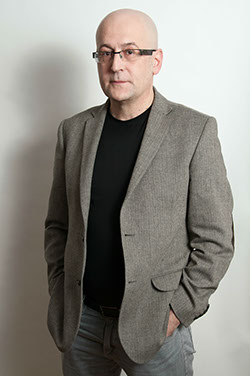
Dan Boyarski
Daniel Boyarski is professor and former head of the School of Design at Carnegie Mellon University, where he has been for thirty-one years. He teaches courses in typography, information and interaction design, and time-based communication at the graduate and undergraduate levels. His interests lie in visualizing complex information, interface and interaction design, and how word, image, sound, and movement may be combined for effective communication.
Dan started teaching a course called Time, Motion & Communication 18 years ago, a course that invited students to explore the differences between typography on a page and on a screen. The results influenced some projects in other courses and afforded a better understanding of type "in performance" in dynamic environments, a very different approach than static compositions on paper.
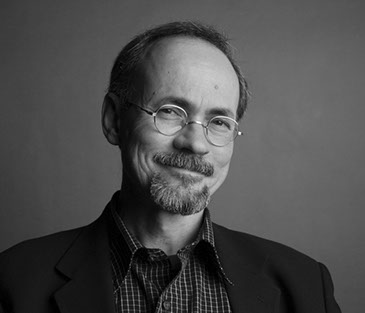
organizers

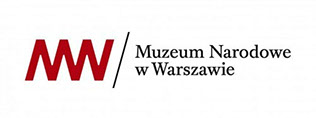







partners
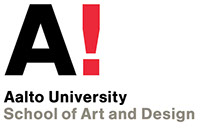


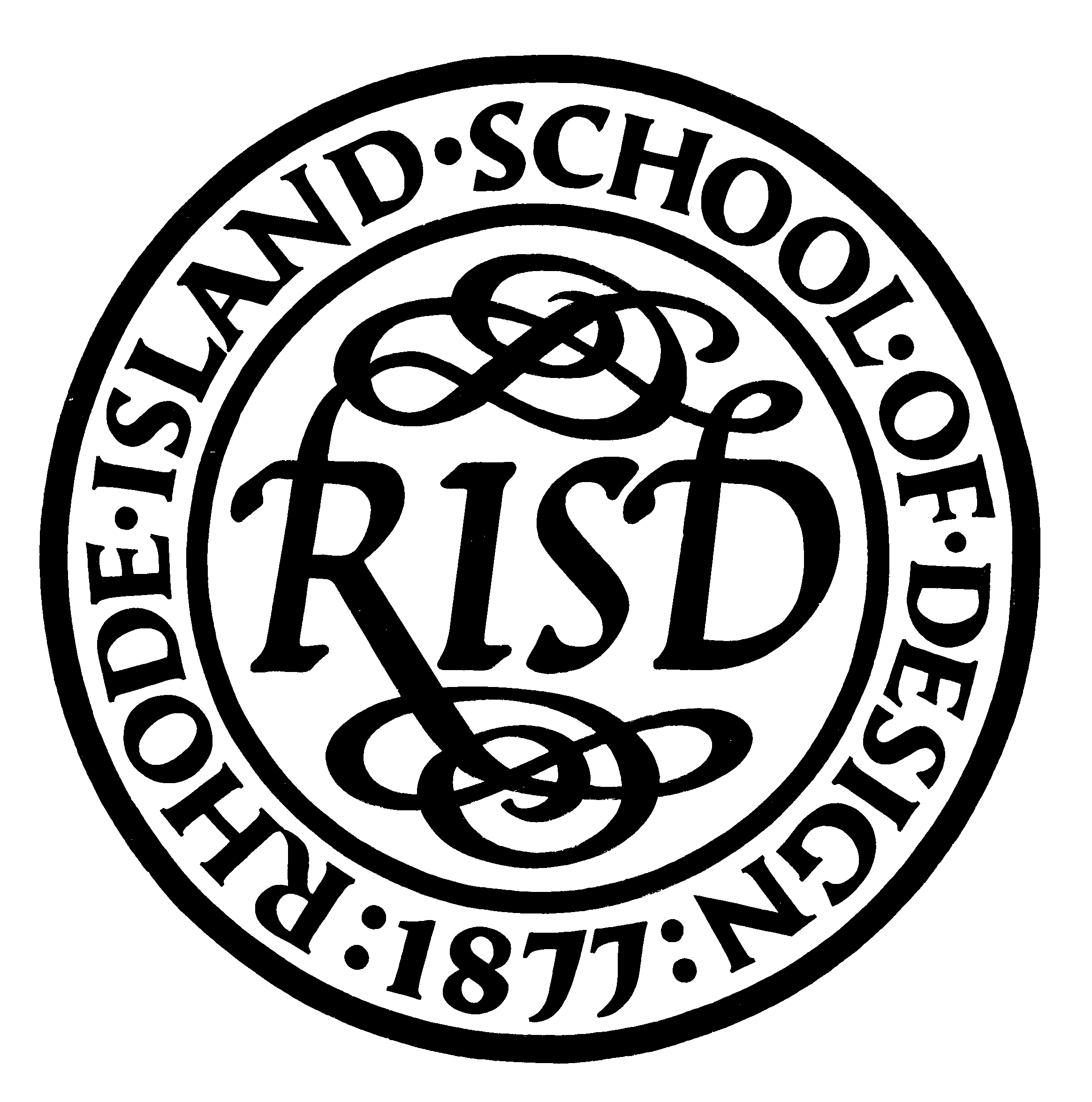

sponsors



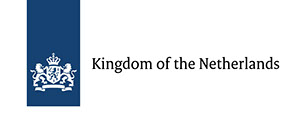
MoTyf 2013 | motyf2013@gmail.com